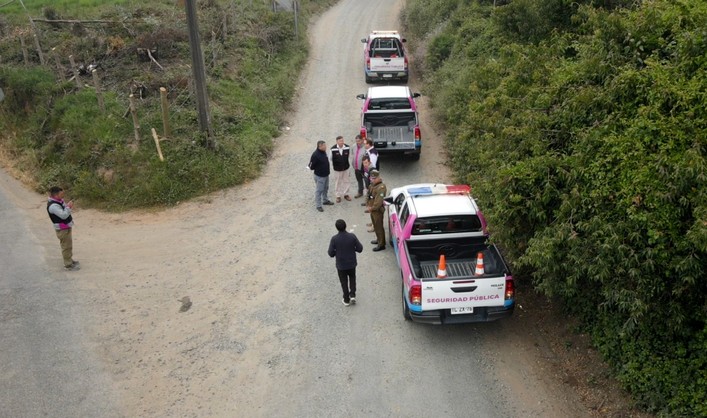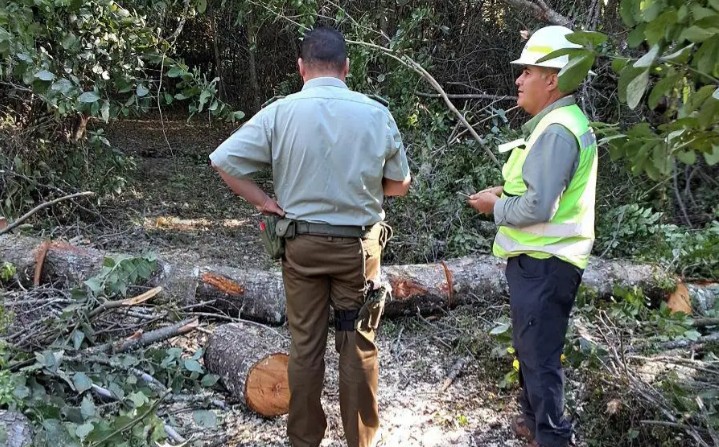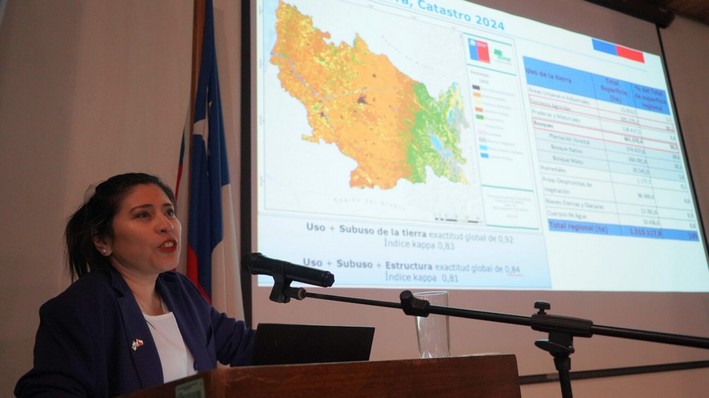Proposal to Limit Constitutional State of Emergency and Exclude Communes Far from the Conflict
The possibility of limiting the constitutional state of emergency in the Biobío province to exclude communes far from the conflict is gaining traction following the recent extension of the measure. The proposal specifically aims to remove localities such as Laja, Yumbel, Cabrero, and San Rosendo from the perimeter of application.
Senator Gastón Saavedra formally requested the Minister of National Defense, Adriana Delpiano, to evaluate this possibility alongside the Order and Security Forces and the Armed Forces.
"There are places that are very far from where the incidents are concentrated," stated Saavedra, proposing to "limit the constitutional state of emergency and have reports confirm which communes remain under it and which do not, to avoid an overly broad measure that causes more discomfort than assistance."
The Upper House representative also asserted that the proposal has constitutional backing and that it is the Executive Branch that determines "which areas it applies to."
DIVIDED OPINIONS
The proposal has sparked mixed reactions among local legislators. Deputy Clara Sagardía (FA) from District 21 expressed support for excluding these communes.
"I believe it is positive for communes like Cabrero, Yumbel, Laja, and San Rosendo to be excluded from the constitutional state of emergency. Being included provides no real benefit, especially considering the rise in common crimes. That should be Carabineros' focus," she stated.
Sagardía added, "In these communes, there wasn’t even a noticeable presence of support from the Armed Forces. I say this from firsthand experience, as I reside in one of them."
Conversely, Deputy Karen Medina (ind.) opposed any reduction. "It’s clear that the sense of insecurity has turned into real fear among citizens. That’s why we believe maintaining this tool is essential," she said.
Medina argued, "Crimes are dangerously approaching urban areas. It already happened in Angol, which is very close to our Biobío province and borders communes like Nacimiento and Negrete. It also occurred in Santa Bárbara, where an entire fleet of trucks was burned."
EXECUTIVE BRANCH RESPONSE
The Presidential Provincial Delegate of Biobío, Javier Fuchslocher, reaffirmed the government’s openness to evaluating the scope of the state of emergency. "There has always been a willingness to discuss and assess the different implications of the constitutional state of emergency in the province and the region," he stated.
Fuchslocher explained that the Executive Branch "constantly evaluates, alongside Congress, the Army, and other security agencies, whether to maintain or lift the state of emergency," adding that security "is not an end in itself but a path to progress."
Similarly, the official emphasized that "it is Congress that approves the constitutional state of emergency, obviously upon the Executive’s suggestion," and decisions about its scope "are discussed there, with input from the Army, the Government, and security entities."
RESULTS AND EFFECTIVENESS OF THE STATE OF EMERGENCY
The Observatory of Organized Crime and Terrorism (OCRIT) of Andrés Bello University (UNAB) assessed the impact of the constitutional state of emergency decreed on May 17, 2022, in the provinces of Arauco and Biobío.
Overall results show a substantial decline in most violence indicators. In the Southern Macrozone, total reports dropped by 37.3%, homicides decreased by 55%, and injuries fell by 50.6%.
Regionally, results were favorable, with a 44.2% reduction in total reports and a 64% drop in injuries.
The Biobío province showed significant improvements: reports decreased by 42%, and land seizures were completely eliminated, dropping from 10 to zero cases. Arson fell by 52%, and property and infrastructure destruction decreased by 80%.
Meanwhile, Arauco province recorded a 44% reduction in total reports, with a 71% decline in fatalities—the sharpest drop in a high rural-violence area. Arson decreased by 63%, and machinery destruction fell by 72%.
However, the OCRIT report found that some criminal activities shifted to non-intervened provinces. Los Ríos saw vehicle destruction double (+113%), while Los Lagos recorded a 100% increase in the same category.
In Osorno province, land seizures rose by 117%, and vehicle destruction increased by 167%, while Ranco saw property and infrastructure destruction surge by 400%.
Source:La Tribuna

















